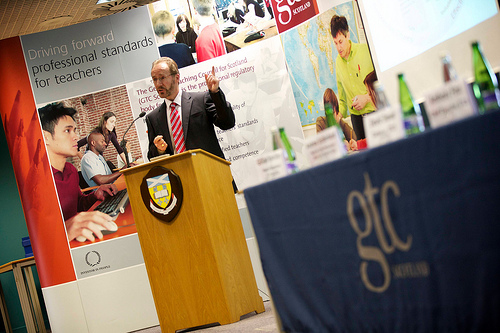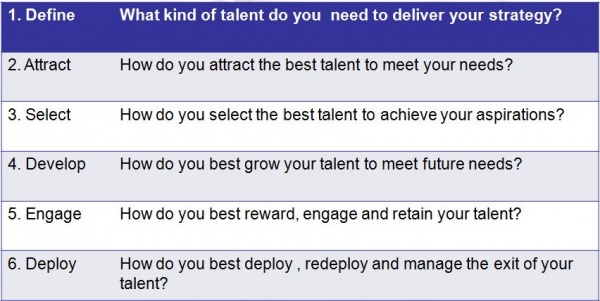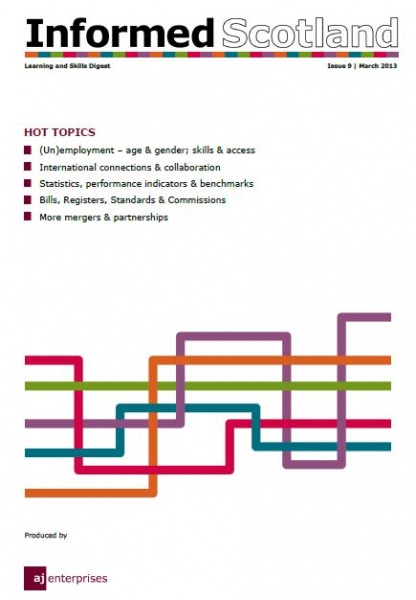 Yvonne McBlain and Karen Thomson of Falkirk curriculum support team facilitated two lively sessions recently with principal teachers, depute and head teachers. The initial session explored how our establishments were including each element of the NAR planning flow chart in their planning processes. Discussion focused on the numbers of layers of planning being used, and how this was contributing to the improvement of teaching and learning. Participants requested a second session to enable them to bring along and share their planning layers and documentation.
Yvonne McBlain and Karen Thomson of Falkirk curriculum support team facilitated two lively sessions recently with principal teachers, depute and head teachers. The initial session explored how our establishments were including each element of the NAR planning flow chart in their planning processes. Discussion focused on the numbers of layers of planning being used, and how this was contributing to the improvement of teaching and learning. Participants requested a second session to enable them to bring along and share their planning layers and documentation.
So, on 10th December Julie McKenna shared how Airth Primary are using a digital tool to manage their planning. Staff use this system to create discrete and interdisciplinary units of work in the form of planning wheels with skills and other information noted. They are able to track both the depth and coverage of experiences and outcomes and the progression of skills. At Airth PS, all staff collaborate to create the annual long term plan, and their planning wheels form the rest of their planning structure, with any other detail being recorded in the weekly plans. Julie and her staff now intend to develop how they integrate their assessment and recording into their planning.
Jill Stocks and Andrew Watson from Bonnybridge Primary shared how they use the Learning Unlimited tool “Realistic Record Keeping and Powerful Planning”. Bonnybridge PS staff work from the experiences and outcomes to create annual master plans for literacy, numeracy, and non core learning. Further detailed planning takes place in weekly plans, meaning that the school has two layers of planning. You can click here to see a collection of the master plans for second level. Staff are also using maths pathways to support their planning of progression in specific numeracy skills – click here to view. Jill and Andrew now intend to develop their tracking of coverage and depth of learning within the E & Os. They value the way this planning tool has enabled a significant shift away from a resource-led approach to planning, increased focus on the principles of curriculum design, and a reduction of paperwork for planning. Early years senior managers also shared their development of floor books as their main planning layer in nursery settings. They value the way floor book planning makes visible the relevance, personalisation and choice and progression of learning for pre and ante-pre school children. It was noted that not all practitioners are comfortable yet with not having additional layers of planning and documentation.
The rest of the meeting consisted of really valuable discussion of how to effectively integrate assessment, manage tracking and monitoring, and how to enhance awareness of when each of the four contexts for learning is being addressed. Click here to see the power point presentation for this second meeting.











 Informed Scotland – Issue 9 March 2013
Informed Scotland – Issue 9 March 2013![11092012853_jpg[1]](https://blogs.glowscotland.org.uk/fa/public/CurriculumSupport/uploads/sites/1906/2013/04/11092012853_jpg1.jpg)
![11092012851_jpg[1]](https://blogs.glowscotland.org.uk/fa/public/CurriculumSupport/uploads/sites/1906/2013/04/11092012851_jpg12.jpg)
